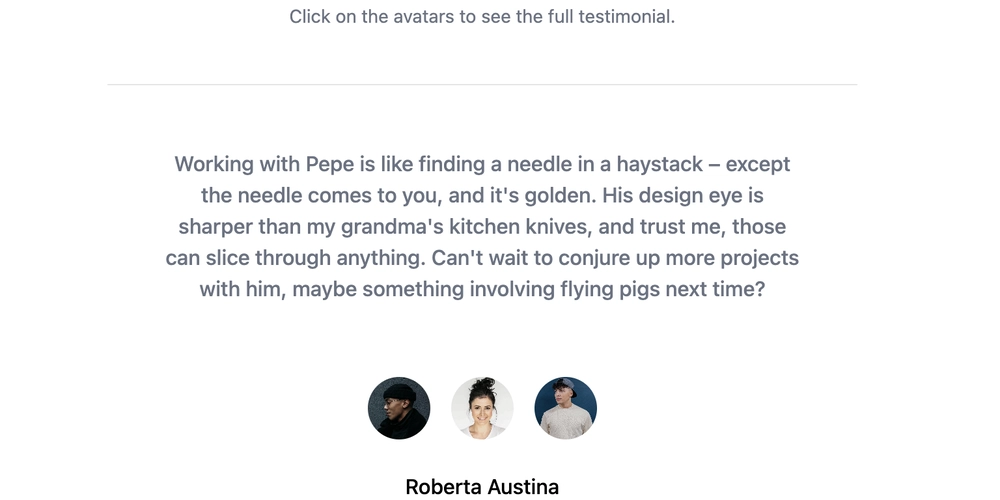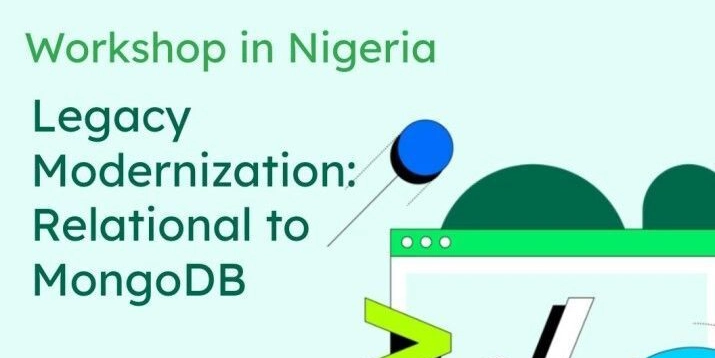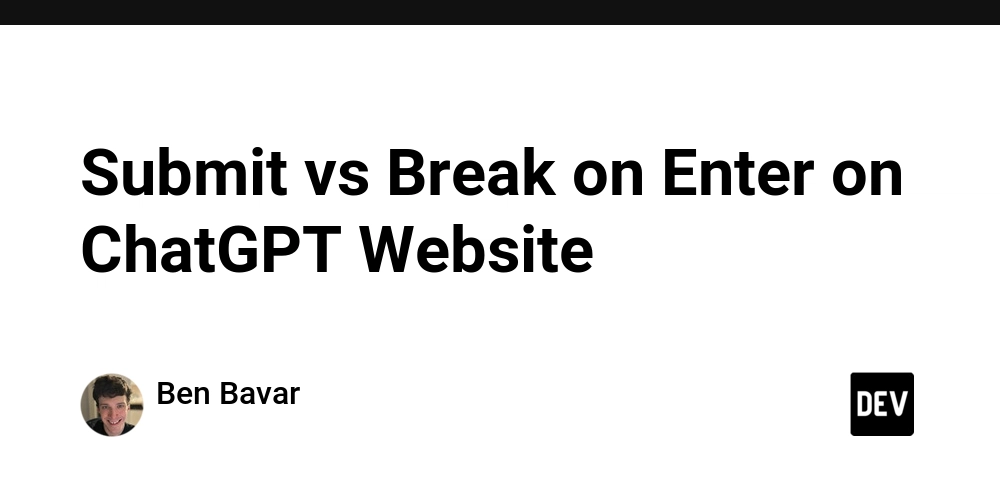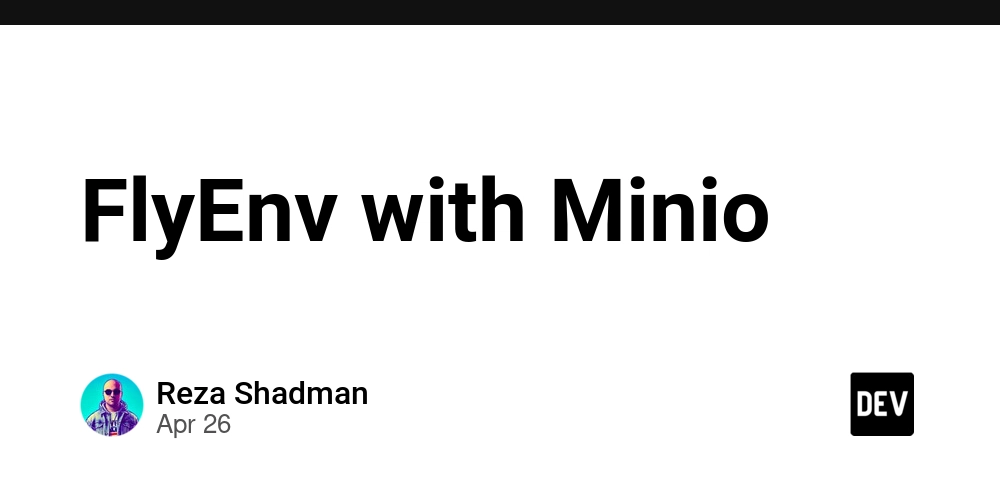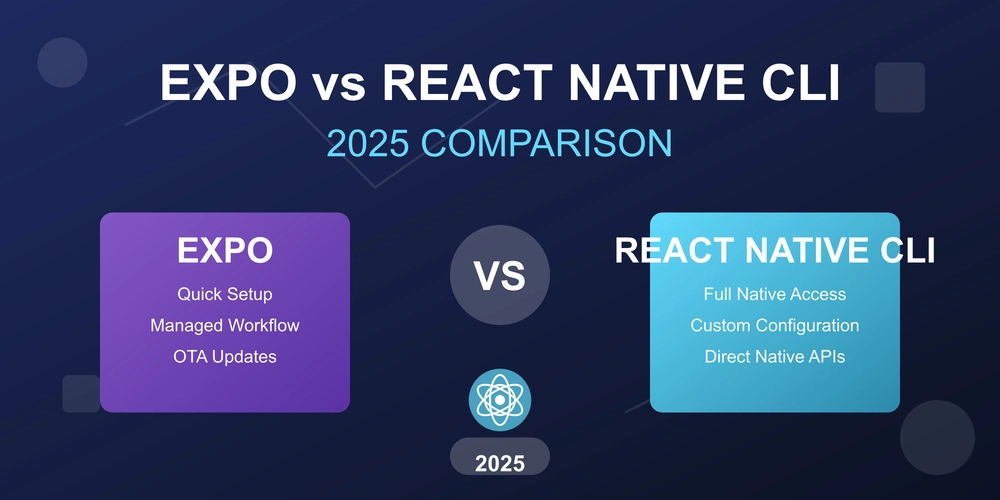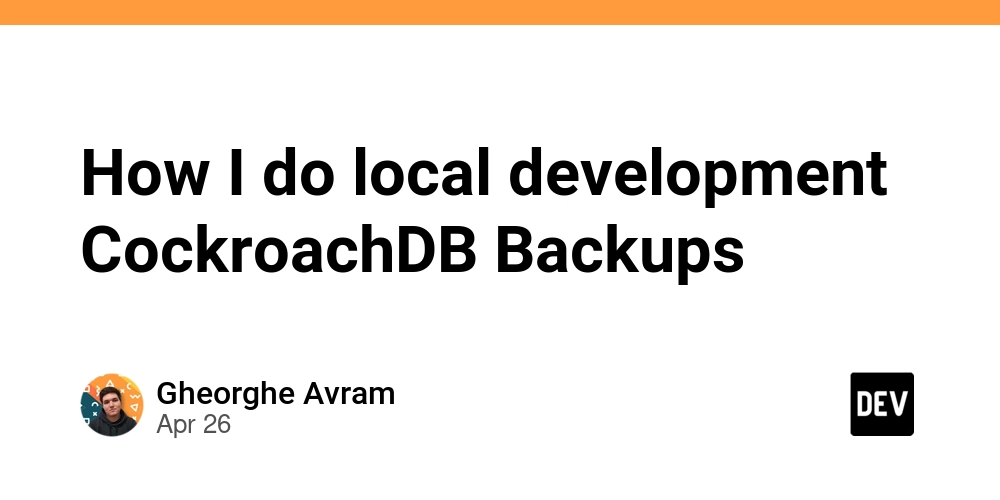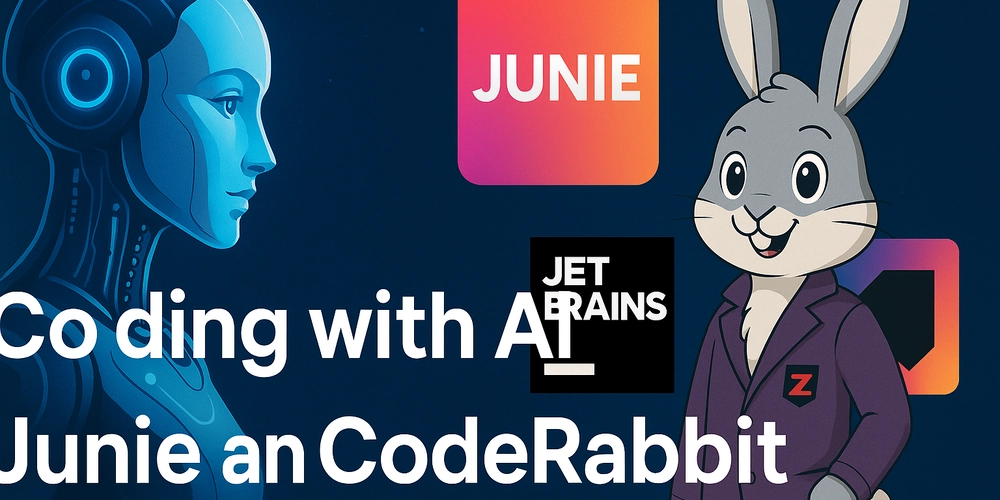
From Python Beginner to Intermediate: My Journey, Challenges, and Next Steps
Want to level up your Python skills? After mastering the basics, I knew I needed to go deeper. So, I tackled an intermediate Python course, and here’s what I learned, the hurdles I jumped, and my plans to build awesome projects!
This article is for anyone looking to take their intermediate Python skills to the next level and understand the benefits of an intermediate Python course.
Why Take an Intermediate Python Course? Unveiling the Real-World Need
Basic Python is great, but real projects demand more. Areas like file handling, robust error management, and understanding object-oriented and functional programming are crucial. This course was my key to unlocking those skills.
- Bridge the gap between beginner tutorials and real-world coding.
- Learn practical techniques for building useful applications.
- Become a more confident and capable Python programmer.
What New Python Skills Did I Acquire? A Peek Inside the Curriculum
The course dived into several advanced Python areas. Here are the key takeaways:
- Collection Types: Mastering sets, tuples, and dictionaries for efficient data management.
- Error Handling: Using
try-exceptblocks to create resilient code that handles unexpected issues gracefully. - Functional Programming: Exploring
lambdaexpressions andmap/filterfunctions for concise and powerful data manipulation. Still working on mastering this! - Object-Oriented Programming (OOP): Building classes, defining methods, and leveraging inheritance to create modular and reusable code.
Roadblocks and Aha! Moments: Conquering the Challenges of Intermediate Python
Not everything was smooth sailing! Functional programming and some OOP concepts initially felt tough:
- Functional Programming Frustrations:
lambdaexpressions andmap()/filter()seemed abstract. The solution? Mini-projects to make them concrete. - OOP Head-Scratchers: Understanding
self, constructors (__init__), and inheritance required hands-on practice with small class examples.
The key takeaway? It's okay to not grasp everything immediately. Persistent practice is the ultimate teacher.
From Theory to Practice: My Next Python Projects (and How You Can Do the Same)
Time to put these new skills to the test! I plan to solidify what I've learned by building the following projects:
- Contact Management System: A great way to practice data storage and manipulation using dictionaries and file handling.
- RPG Battle Simulator: Perfect for utilizing object-oriented programming to create characters, skills, and combat scenarios.
- Expense Tracker: Enhance data organization and user interfaces.
- Encrypted Diary App: Secure our data.
These projects will transform theoretical knowledge into practical expertise. Approach is step-by-step, focusing on solidifying each concept rather than rushing the project. You can find similar project tutorials all over the web and hone your intermediate Python skills.
Final Thoughts: Embrace the Challenge, Celebrate the Wins
Completing this intermediate Python course was a rewarding, albeit challenging, experience. Pushing through the difficult parts was worth every bit of effort. Now, I'm equipped to build more complex and interesting applications. Join me in celebrating continuous growth in the world of Python!
